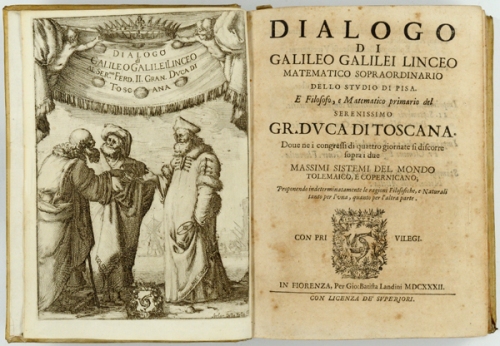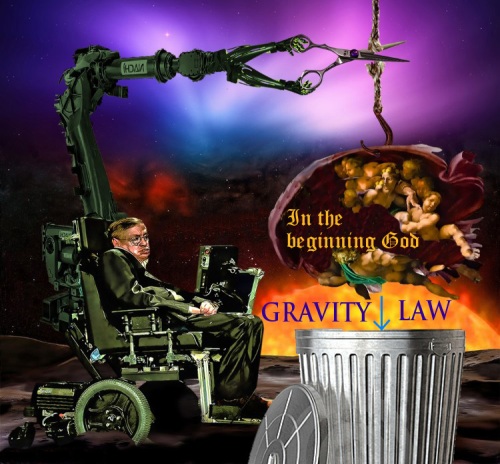Galileo’s Dialogue concerning the Two Chief World Systems (1632), which argues for the superiority of the heliocentric Copernican over the geocentric Ptolemaic system, is a classic straw man argument. By 1632, astronomers had all but abandoned the Ptolemaic system, which had become untenable in the light of the evidence from telescopes for more than 20 years, which showed, for example, that Mercury and Venus orbited the sun. By that late stage, the majority of astronomers had adopted the geo-heliocentric model, such as that of Tycho Brahe, which had all the planets (other than earth) orbiting the sun, and the sun and the moon in orbit around the earth. Adapted to include a rotating earth, it was indistinguishable from the Copernican system on the basis of empirical observations of our ‘solar system’ from the vantage point of a terrestrial observer.
The Tychonic system was still highly regarded until the end of the seventeenth century when Newton’s discovery of principles of gravitation, and their application to the solar system, caused it to be abandoned as an explanation of reality, though it continues to this day as an elegant method for generating the terrestrial observer’s view of the motions of heavenly bodies in our solar system, for example in planetarium projectors.
So, Galileo was incapable of making a case in favour of Copernican heliocentrism over against the majority view of Tychonic geo-heliocentrism based on observation of the sun, moon and planets, and he could not do so based on physical principles as he rejected the idea of gravitation beyond the earth’s atmosphere and had never bothered to read up on Kepler’s laws of planetary motion, which had been sitting on his bookshelf for over 20 years. He also believed that no practicable terrestrial experiments could establish whether the earth was in motion, for he says in his foreword “all experiments practicable upon the earth are insufficient measures for proving its mobility, since they are indifferently adaptable to an earth in motion or at rest.” Thus he deliberately contrived to make his case using the artifice of a straw man argument, with not even a mention of the then chiefest of the world systems, the Tychonic model.


Recent Comments